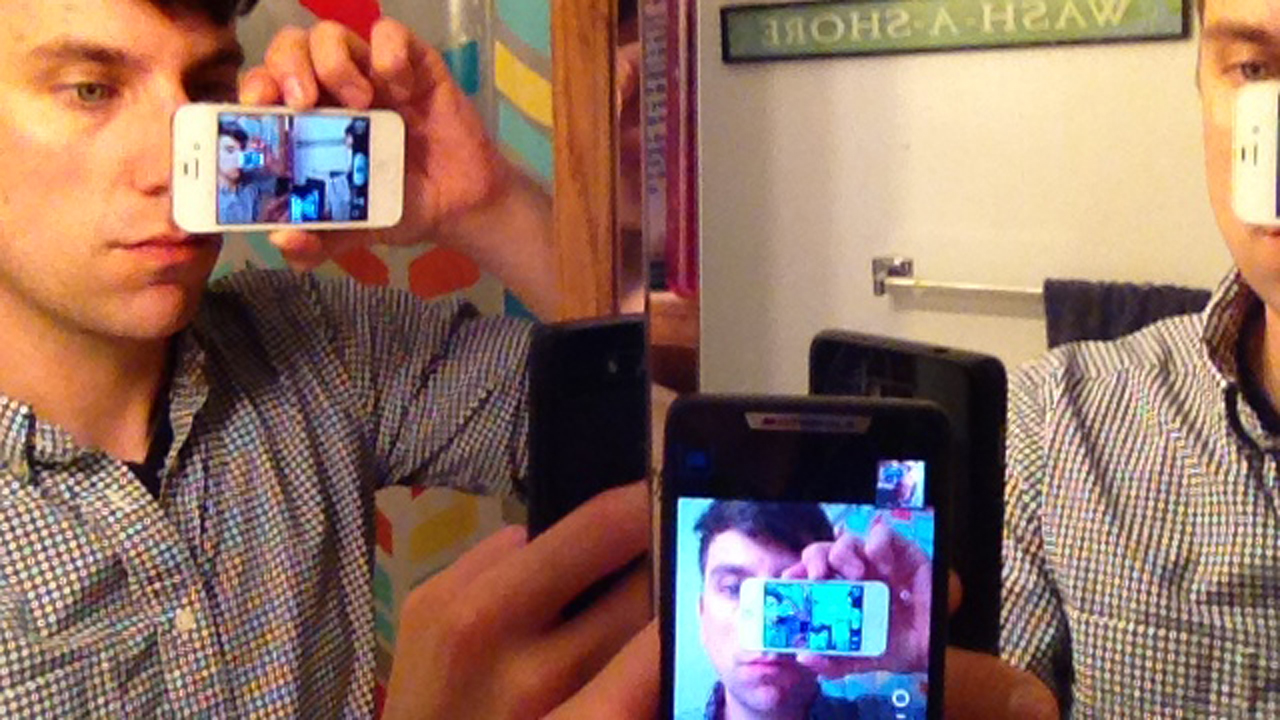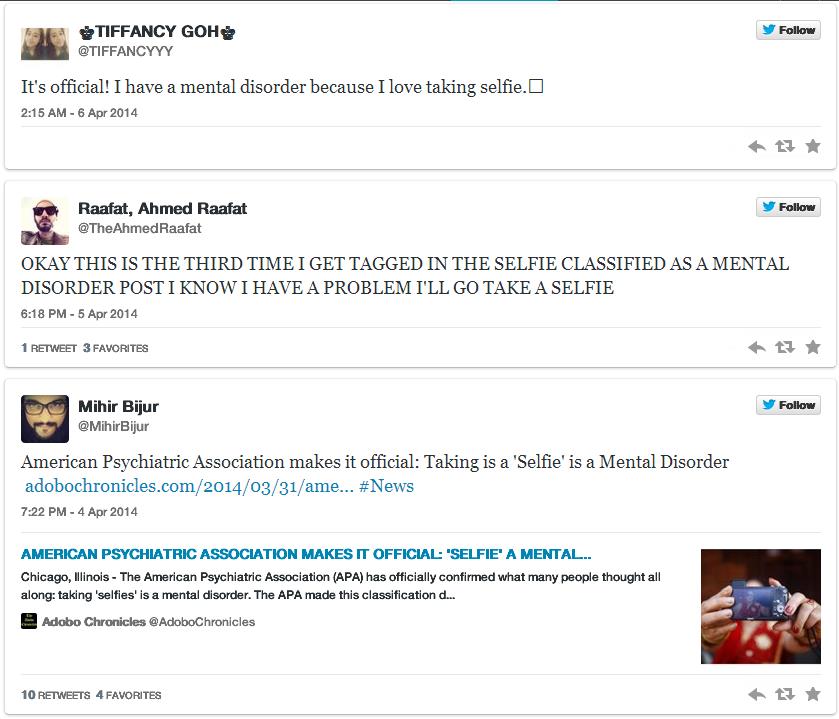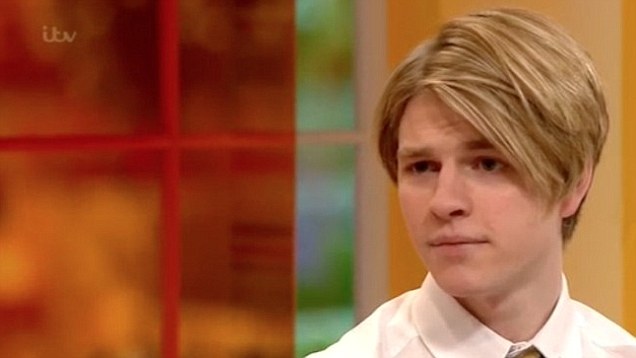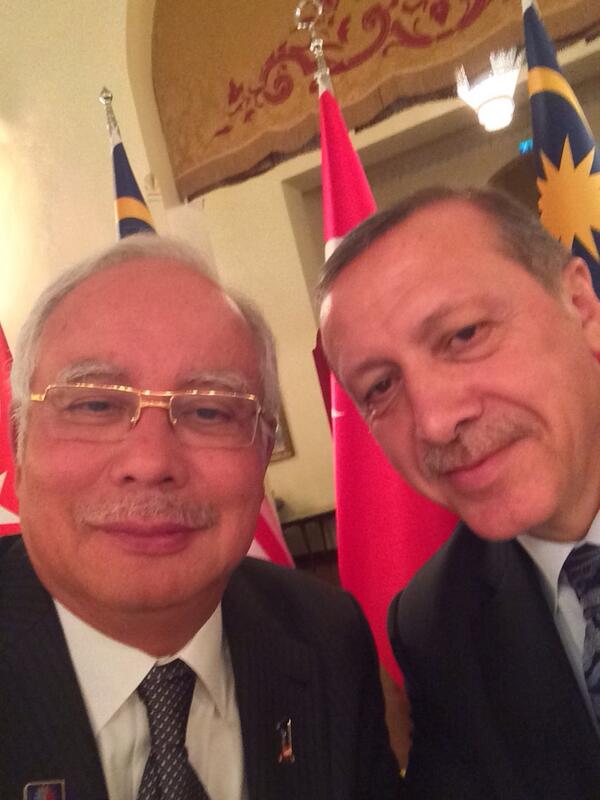[FACT OR FAKE #50] Did Doctors Really Declare Selfies A Mental Disorder?
From celebs to charity workers, politicians to party-goers, the obsession with the ‘selfie’ spans far and wide. Smartphone self-portraits are now fair game in high-level diplomatic meetings (even PM Najib couldn't resist himself from taking one) with snaps being shared widely on social media.
Recently, an article came out claiming that obsessive selfie-taking had been classified as a mental disorder by American Psychiatric Association. It made the usual rounds on social media. According to the article:
The American Psychiatric Association (APA) has officially confirmed what many people thought all along: taking ‘selfies’ is a mental disorder.
The article termed the disorder as selfitis. It defined the disorder as:
A fan takes a selfie as she is grabbed by the grounds crew after she and her two sisters ran on to the TD Ameritrade Park field near the end of a College World Series game on June 25, 2013.
Image via omaha.com"the obsessive compulsive desire to take photos of one’s self and post them on social media as a way to make up for the lack of self-esteem and to fill a gap in intimacy." The APA made this classification during its annual board of directors meeting in Chicago, the article stated.
It further stated that selfitis has no known cure and there are three levels of the disorder, namely:
Borderline selfitis: taking photos of one's self at least three times a day but not posting them on social media
Acute selfitis: taking photos of one's self at least three times a day and posting each of the photos on social media
Chronic selfitis: Uncontrollable urge to take photos of one's self round the clock and posting the photos on social media more than six times a day
FAKE: The so-called article is nothing but completely fake news and is untrue on virtually every level. It was done by a hoax news site called 'The Adobo Chronicles'.
Screenshot of the site which published the article claiming that selfie is a mental disorder
Image via policymic.comThere’s practical evidence (like the fact that the American Psychiatric Association board meets five times a year, NOT annually), but the inherent hoax-ness of the post is betrayed, as is often the case, by the lack of credibility of the publication it originated from.
On its “About” page, The Adobo Chronicles declares itself to be “your source of up-to-date, unbelievable news. Everything you read on this site is based on fact, except for the lies.” That’s to say nothing of the amateur hour design of the site itself. Hardly a source of authoritative news.
policymic.comBut that didn't stop people from picking up on the story and taking it seriously:
Although the origin of the article should have tipped off readers because of the site it came from, it was soon repackaged as a serious report by other outlets
Some minor publications including –via a syndicated publication – Yahoo News did aggregate the Adobo post, lending it some credibility. However, most of those articles have since been taken down.
A brief search of the APA website turns up nothing for the keywords “selfie” or “selfitis.” Certainly such a bold claim would have some clinical support, especially from the very organization named in the Adobo article.
However, like most hoaxes, there was some substance to the article, playing upon our fears about technology while exploiting our natural prejudices
Two weeks ago the British press reported the case of Danny Bowman, a teenager who tried to kill himself after falling into a downward spiral of depression characterised by Body Dysmorphic Disorder and compulsive selfie-taking.
“It becomes a mission to get approval and it can destroy anyone,” said Bowman, who would pose for up to 200 selfies in a day. “It’s a real problem like drugs, alcohol or gambling. I don’t want anyone to go through what I’ve been through.” The psychiatrist who treated Bowman, Dr David Veal, said that cases like Bowman's weren’t about vanity, but about technology and social trends enabling individuals' latent mental problems.
In the end, your selfie-obsessed friends might act like they have a mental disorder, but make sure you do your homework before sharing something that only exists to confirm bias and trick you out of your click. Meanwhile:
Academic studies of the effects of social media have reached similar conclusions, with one paper published by Birmingham Business School concluding that excessive photos sharing online can lead to “a decrease in intimacy” and damaged personal relationships.
policymic.comSo while this particular story may be a hoax, it might not be completely off the mark: selfies may enable or be symptomatic of a bigger problem. So watch out.






